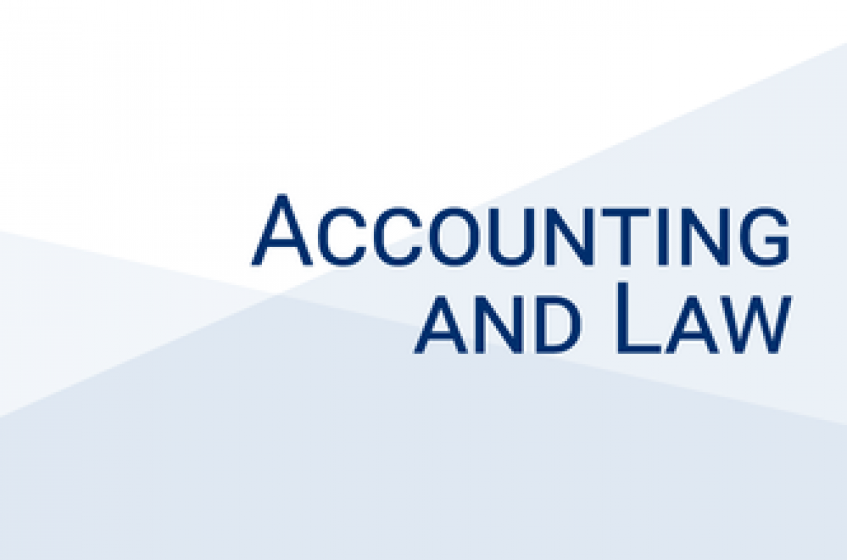The Innovation Consequences of Judicial Efficiency
Prof. Jinhwan Kim
Associate Professor of Accounting
Stanford Graduate School of Business
We examine how the efficiency of the judicial system impacts corporate innovation. To do so, we exploit a pilot program introduced by the U.S. Congress in 2011, which allowed judges with expertise (as opposed to randomly selected judges) to preside over more patent cases to facilitate efficient ruling. We find firms headquartered in counties subject to the Patent Pilot Program (PPP) increase patentbased innovation by 6.1% to 6.9%, relative to firms in counties not under the program. The increase is driven both by greater investments in R&D as well as firms strategically transitioning their trade secrets to patents. Moreover, patents filed after the PPP exhibit higher average quality of patent disclosure, consistent with the PPP providing a reliable enforcement mechanism that curbs competitors from illegally exploiting patent information. Our results are concentrated among firms with high legal costs and uncertainty: firms that engage in innovation with “fuzzy boundaries,” that have high litigation risk, and that are small and private. Probing further into small private firms, we find that they are significantly more effective in safeguarding their intellectual property (IP) using the judicial system, which in turn, helps them attract more venture capital investments. However, the benefits of the PPP are significantly reduced among firms more likely to be assigned to judges that are favorably-biased towards non-practicing entities (NPEs) or “patent trolls,” who engage in frequent, frivolous litigation.
Taken together, our findings underscore the important role of judicial efficiency in helping firms better allocate their resources towards innovation investment and IP protection.











